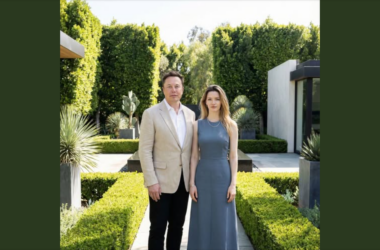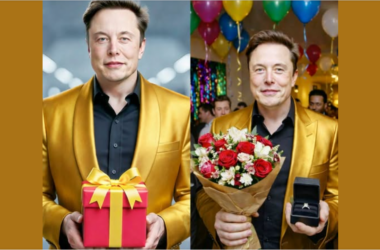
In an apparently dramatic move, Elon Musk has allegedly banned veteran actor Robert De Niro from his social-media platform X, declaring that there is “no room for his woke presence” on the service. According to the viral claim, Musk cited De Niro’s outspoken liberal political stance and criticism of conservative figures as the impetus for the ban. The announcement has triggered a firestorm of discussion and debate across social media about free-speech, platform moderation, and the role of “woke” voices in modern media.
However, a deeper dive into the facts tells a very different story. Media fact-checkers, including Reuters, PolitiFact and AllSides, have determined that the claim is false. Reuters reports the actor’s publicist confirmed De Niro never had an account on X and was not banned. PolitiFact likewise describes the claim as originating from satire and gives it a “False” rating. The Viral Story and Its Origins
A social-media post claimed: “Elon Musk permanently bans Robert De Niro from X, declares ‘no room for his woke presence.’” This was shared widely in November 2024, and earlier in June 2024 by a site that labelled itself satire. The text and meme-style imagery portrayed Musk and De Niro in a symbolic clash over political-cultural values: Musk on one side, portrayed as a free-speech libertarian; De Niro on the other, symbolising “woke” celebrity activism.

Why the Claim Fell Apart
-
De Niro’s publicist stated that the actor does not have or use any official social-media accounts.
-
There is no credible record of Musk or X issuing any ban against De Niro. Fact-checkers found no announcements, tweets, or policy logs supporting the story.
-
The original article was published on a satire website, and the Facebook/Instagram posts reposting it did not include the satire disclaimers—resulting in widespread confusion.
Why the Story Resonated
Despite being false, the story reflects several real-world tensions:
-
Musk’s stewardship of X has been marked by heated debates over content moderation, free speech, and ideological bias.
-
De Niro is known for his political activism and outspoken comments, particularly against conservative figures. That made the idea of him being banned by a Musk-led platform plausible enough for many to believe.
-
The phrase “no room for his woke presence” taps into the culture-war vocabulary in which “woke” has become a magnet term—either of support or scorn depending on viewpoint.
The Fallout: Debate Ignites
Following the viral spread of the story:
-
Some users cheered the alleged move, framing it as Musk standing up to “celebrity virtue-signalling” and reclaiming the platform for non-woke voices.
-
Others decried it as a dangerous precedent: a billionaire tech-owner silencing dissenting cultural voices, a slippery slope for suppression of minority or progressive viewpoints.
-
Fact-checking organisations swiftly flagged the claim as false, but by then the meme-cycle had already spread far and wide, raising questions about how easily satire can morph into misinformation.

Broader Implications
This episode illustrates several important issues:
-
Satire vs misinformation: When satirical content is stripped of its disclaimers and shared as fact, the line between comedic commentary and fake news blurs.
-
Platform power & speech control: The idea that one person (or company) can decide who speaks and who is silenced on a global platform remains troubling to many, regardless of the political orientation of the speaker.
-
Cultural conflict in digital spaces: The “woke vs anti-woke” framing here is illustrative of how online platforms have become battlegrounds for broader social and political identity struggles.
Conclusion
While the headline of Elon Musk banning Robert De Niro from X made for dramatic clicks, the truth is far more mundane: the actor never used the platform in the first place and no such ban took place. The story’s popularity hinges on real-world anxieties about power, speech, and culture—but its factual basis is nonexistent. This incident serves as a cautionary tale: a reminder that in today’s digital age, even high-profile claims of censorship or civil-liberties drama may be nothing more than a well-shared meme.




